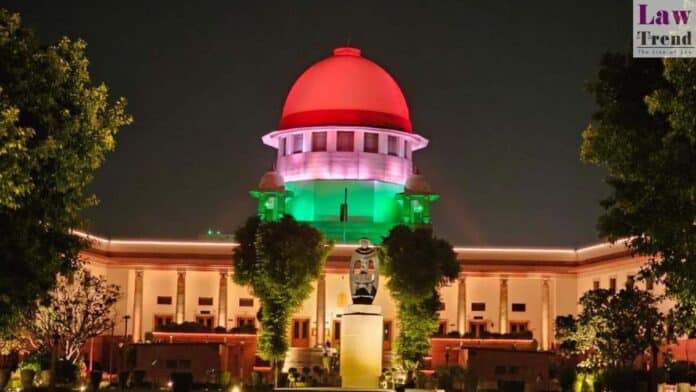The Supreme Court on Monday dismissed a plea that sought directives for political parties to adhere to the Sexual Harassment of Women at Workplace (Prevention, Prohibition and Redressal) Act, 2013 (POSH Act), instructing the petitioner to instead approach the Election Commission of India (ECI).
The bench, led by Justices Surya Kant and Manmohan, concluded that the ECI, which regulates political parties under the Representation of Peoples Act, is the appropriate authority to address this matter. The plea, represented by senior advocate Shobha Gupta on behalf of petitioner Yogamaya MG, had named ten political parties, including six national entities like the BJP, Congress, BSP, CPI(M), National People’s Party, and AAP, citing a lack of grievance redressal mechanisms for sexual harassment as mandated by the Supreme Court and the 2013 POSH Act.
During the proceedings, Justice Surya Kant queried the applicability of the POSH Act to individuals in sectors like retail and the unorganised sector. Advocate Gupta clarified that the POSH Act’s definitions cover all aggrieved women and workplaces, including such sectors through local committees.
The bench referenced a prior judgment by the Kerala High Court, which held that political parties were not obligated by the POSH Act, noting that this verdict had gone unchallenged. While dismissing the petition, the Supreme Court granted the petitioner the liberty to seek judicial recourse should the ECI fail to address her concerns adequately.
The plea, filed through advocate Deepak Prakash, emphasized the need for political parties to comply with the POSH Act to ensure a safe working environment for women, free from sexual harassment. It highlighted the vibrant nature of India’s political landscape, which includes 2,764 registered political parties as per the latest ECI data. This diversity underscores the significant role politics plays in Indian society and the critical need for consistent internal complaint committees (ICCs) across all parties to address sexual harassment effectively.




